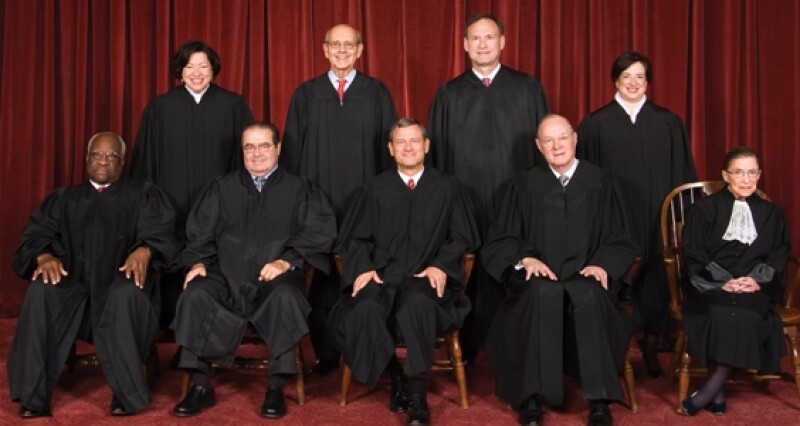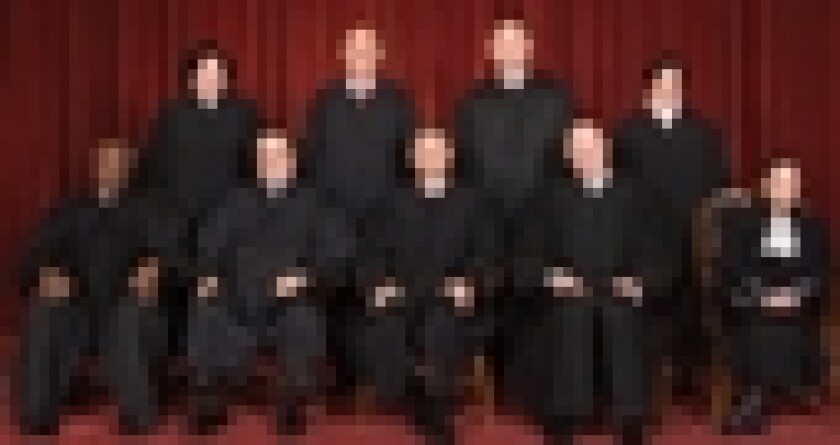The Court tackled the same issue in late 2010, when it considered Costco v. Omega. That case involved a copyrighted globe design on Omega watches manufactured in Switzerland and then sold to a distributor in Paraguay. The distributors then sold them to an American supplier, who sold the watches to Costco, a US discount store.

The Ninth Circuit Court of Appeals favoured Costco when it reversed a district court decision in 2008, and in December 2010 the Supreme Court delivered a 4-4 ruling, leaving many open questions.
In the Kirtsaeng case, Supap Kirtsaeng arranged for his family in Thailand to buy cheaper editions of textbooks printed there by Wiley & Sons. They then shipped them to him in the U.S., where he resold them for a profit on websites such as eBay.
The U.S. Court of Appeals for the Second Circuit held that the so-called first sale doctrine—which says that once a copyright owner sells a work, his rights in that work are exhausted—does not apply to copies manufactured outside of the United States, thereby making Kirtsaeng liable for copyright infringement. Kirtsaeng appealed to the Supreme Court, asking it to consider these questions:
Can such a foreign-made product never be resold within the United States without the copyright owner’s permission, as the Second Circuit held in this case? Can such a foreign-made product sometimes be resold within the United States without permission, but only after the owner approves an earlier sale in this country, as the Ninth Circuit held in Costco? Or can such a product always be resold without permission within the United States, so long as the copyright owner authorized the first sale abroad, as the Third Circuit has indicated?
AIPLA has filed an amicus brief in support of John Wiley & Sons. The Association argues that the first sale defense may not be raised, not because the books were made abroad, but because under the extraterritoriality doctrine the first sale right attaches only after the copyright owner has made its first sale in the United States.
Download the AIPLA Daily Report, published by Managing IP from Washington, DC from our conference newspapers page .










